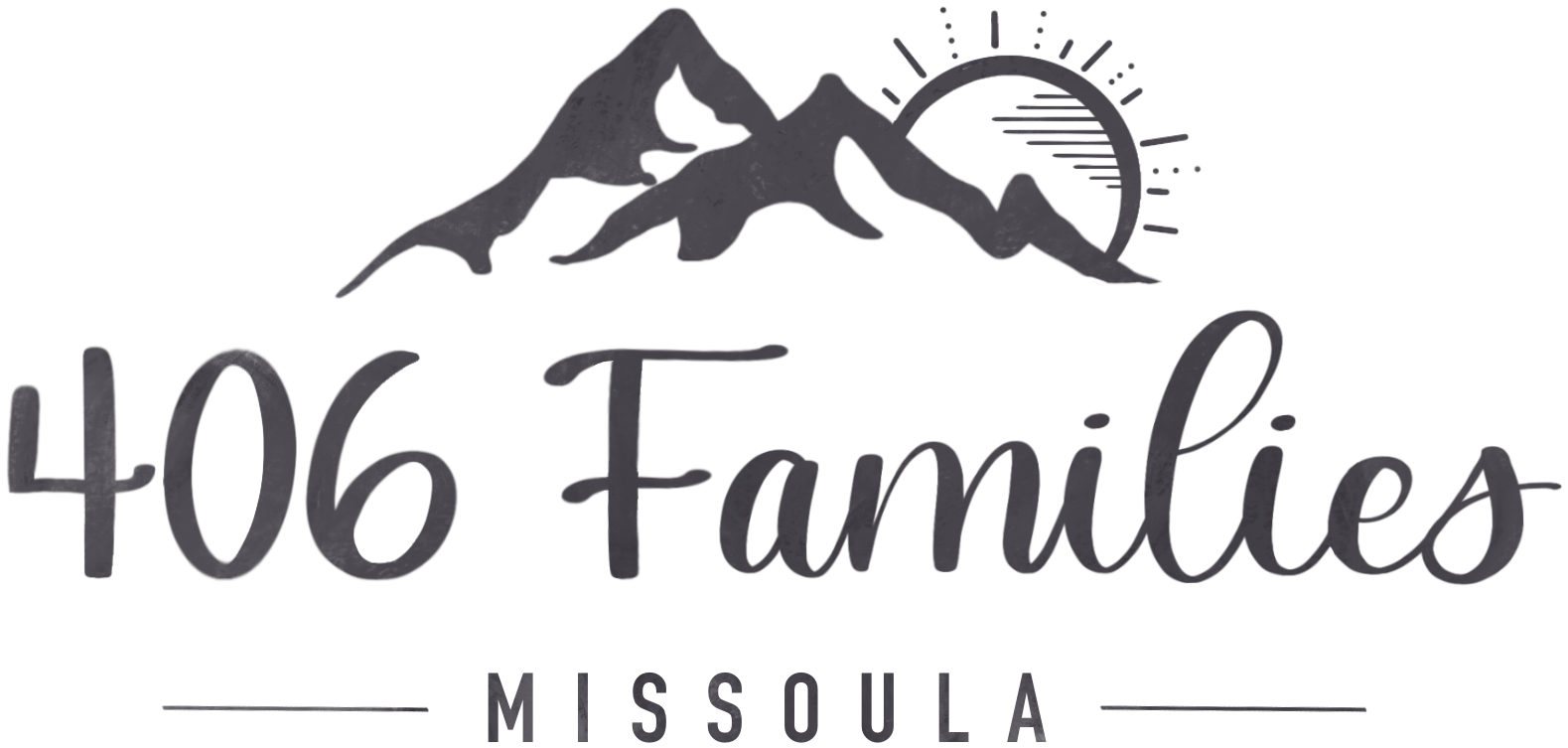Baby-Makers: The Section of the Anti-Abortion Supreme Court Draft Too Few People Are Talking About
They just said the quiet part out loud.
Buried on Page 34 of the Supreme Court draft to overturn Roe v. Wade is a hope that restricting abortion will ease baby shortages in the adoption market.
In it, Justice Samuel Alito argues that the societal changes toward maternal healthcare (which are woefully insufficient) and cultural acceptance of single motherhood (ask a single mother how she feels about that) have lessened the need for legal and safe access to abortion.
If it feels like women are being bashed over the head and drug backward caveman style for the few hard-fought advancements we’ve made to our quality of life over the past 50 years, that’s because that is what is happening.
Alito, one such caveman, writes: “States have increasingly adopted ‘safe-haven laws’ which generally allow women to drop off babies anonymously, and that a woman who puts her newborn up for adoption today has little reason to fear that the baby will not find a suitable home.”
The statement precedes a footnote from a CDC document claiming, “Nearly 1 million women were seeking to adopt children in 2002 (i.e. they were in demand for a child), whereas the domestic supply of infants relinquished at birth or within the first month of life and available to be adopted had become virtually nonexistent.”
While it’s gross and dehumanizing to refer to human babies in such austere economic terms, it articulates some attitudes. When an abundance of a commodity is in the market, there’s little market demand, driving the price down. But when an object is in short supply, its price skyrockets.
This is like that. Except with babies.
And this is about babies. Children over age 2 don’t engender the same demand. State and federal governments offer financial assistance to help parents adopt children out of the foster-care system. Instead, many adoptive parents choose to pay private adoption agencies exorbitant fees — up to $45,000 up front — to baby shop for them, sometimes making impossible promises about securing an adoption in under a year.
It’s true that advancements like birth control and abortion HAVE made it so fewer babies are born and relinquished by desperate, often poor women.
Which means conservatives are treating women’s bodies like any other natural resource they want access to — by plundering and exploiting us as if we were a spot in the ocean to dump oil or Native land to build a new subdivision. We are a cog in the womb-to-crib pipeline. This isn’t about protecting babies. It’s about selling them.
If this seems a little too Handmaid’s Tale for you, consider the implications for marginalized people like the LGBTQ couples, whose access to parenthood through adoption also threatens conservatives. Their rights to adoption are already being whittled away by the highest court.
Nine months ago, the Supreme Court sided with a Catholic adoption agency against the City of Philadelphia, saying it had the right to refuse service to LGBTQ couples on religious grounds. Alito technically sided with Chief Justice John Roberts, who wrote the majority opinion, but declined to sign his name, arguing Robert’s opinion was too narrow and wouldn’t go far enough to protect religious adoption agencies from declining to work with LGBTQ parents.
“This decision might as well be written on the dissolving paper sold in magic shops,” Alito wrote.
And that’s not all. Alabama, South Dakota, Arizona, and Texas are just some of the states with laws allowing state-funded adoption agencies to reject parents for religious reasons. According to Western Montana’s LGBTQ+ Center, many adoption agencies prioritize straight couples over same-sex couples who are trying to adopt.
Should variables like wealth, religion, sexual orientation and social status determine how families are formed? Should aging conservative men make laws forcing women to meet the demand of infant adoption? No. But that’s the America we will face if current trends continue.


